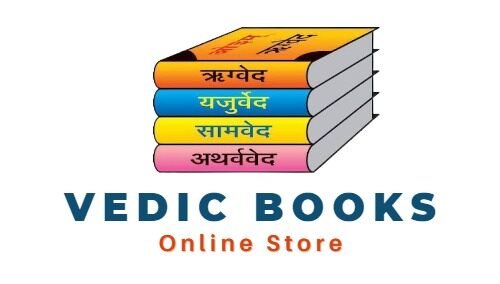The Vedic literature, a cornerstone of ancient Indian wisdom, is a vast and complex collection of texts that date back to approximately 1500-500 BCE. Originating in the Vedic period, these texts form the foundation of Hindu spiritual and cultural traditions. Among the four primary Vedas—Rigveda, Samaveda, Yajurveda, and Atharvaveda—each serves a distinct purpose and contributes uniquely to the collective understanding of spirituality, ritual practice, and cosmology.
The Rigveda is considered the oldest of the four and is primarily a compilation of hymns dedicated to various deities. These hymns, known as suktas, are significant not only for their spiritual content but also for their poetic and linguistic richness. The Samaveda, often regarded as a liturgical compilation, focuses on melodies and chants designed for ritualistic purposes. It essentially transforms the hymns of the Rigveda into musical forms, highlighting the importance of sound and intonation in Vedic rituals.
The Yajurveda, distinct in its prose format, serves as a manual for priests conducting sacrificial rituals. It provides detailed instructions on the performance of rituals, underscoring the procedural aspects of Vedic traditions. Lastly, the Atharvaveda encompasses a range of subjects from healing practices and everyday life to philosophical discourses, reflecting a more practical approach to the Vedic way of life.
Beyond these primary texts, auxiliary texts such as the Upanishads, Puranas, and Sutras play a crucial role in expanding and elucidating Vedic teachings. The Upanishads, often referred to as the end part of Vedas (Vedanta), delve into profound philosophical inquiries about the nature of reality, the self, and the ultimate truth, known as Brahman. The Puranas, rich in mythological narratives, offer insights into cosmology, legends, and the genealogies of gods, sages, and kings, thereby linking historical and moral teachings to Vedic lore. The Sutras, which include texts on rituals (Grihya Sutras) and moral code (Dharma Sutras), form systematic expositions of laws and guidelines governing various aspects of life.
In contemporary practice, these Vedic texts continue to influence diverse fields such as art, science, and philosophy. Their principles and teachings are integrated into modern educational curricula, spiritual practices, and scientific research, reflecting their timeless relevance. The enduring legacy of Vedic literature thus not only shapes cultural and spiritual identities but also contributes to a broader understanding of human knowledge and wisdom.
Navigating the Vedic Books Store: What to Expect
Stepping into a Vedic books store is akin to entering a sanctuary of knowledge and spirituality. The ambiance is often serene, reflecting the deep spiritual essence and tranquility inherent in Vedic traditions. Soft lighting, the gentle hum of devotional music, and the subtle scent of incense collectively create an environment conducive to contemplation and learning. Visitors can expect a thoughtfully organized layout that intuitively guides them through various categories of Vedic literature.
The store is typically divided into sections, each dedicated to different aspects of Vedic wisdom. Shelves laden with spiritual guides provide insights into practices like meditation and yoga, while historical texts delve into the origins and evolution of Vedic culture. Commentaries on sacred scriptures offer scholarly interpretations and elaborate on the intricate philosophies embedded in these ancient texts. Translations are available for those seeking to understand the original Sanskrit verses, ensuring accessibility to a global audience. Moreover, modern interpretations help bridge the gap between ancient wisdom and contemporary issues, making Vedic knowledge relevant to today’s world.
The knowledgeable staff are a cornerstone of these stores, often well-versed in the literature themselves. They play an essential role in assisting customers to find suitable resources tailored to their interests and levels of understanding. Visitors might also encounter special features that set Vedic book stores apart, such as rare manuscripts that are preserved and displayed with great care, and multimedia resources including DVDs and audio recordings of chants and lectures. Many stores also host events like book readings, discussions, and workshops, fostering a community of learning and sharing among patrons.
In the digital age, Vedic book stores have adapted to offer a range of online services. Customers can explore e-books and digital archives that make ancient texts more accessible than ever before. Virtual consultations allow for personalized recommendations and guidance, ensuring that the wisdom of the Vedas can reach individuals across geographical boundaries. This seamless blend of traditional and modern approaches helps to perpetuate the rich heritage of Vedic literature in a globally connected world.
